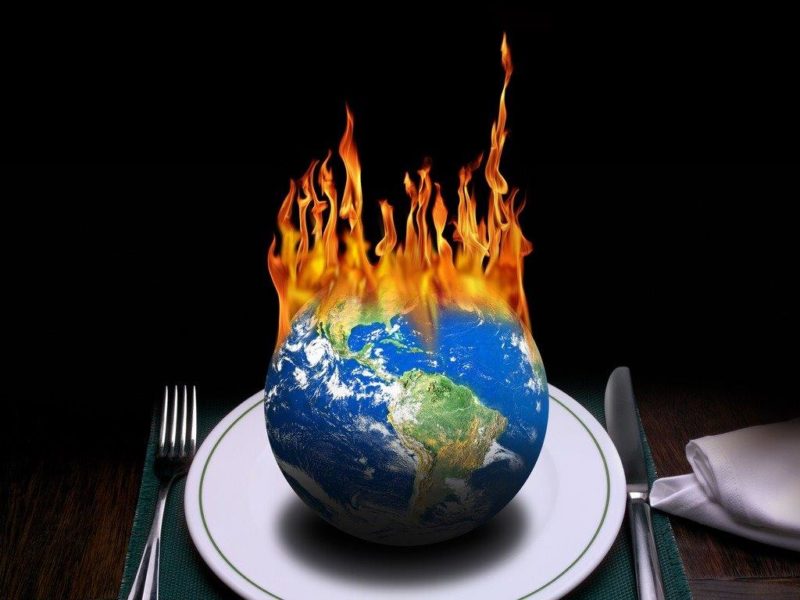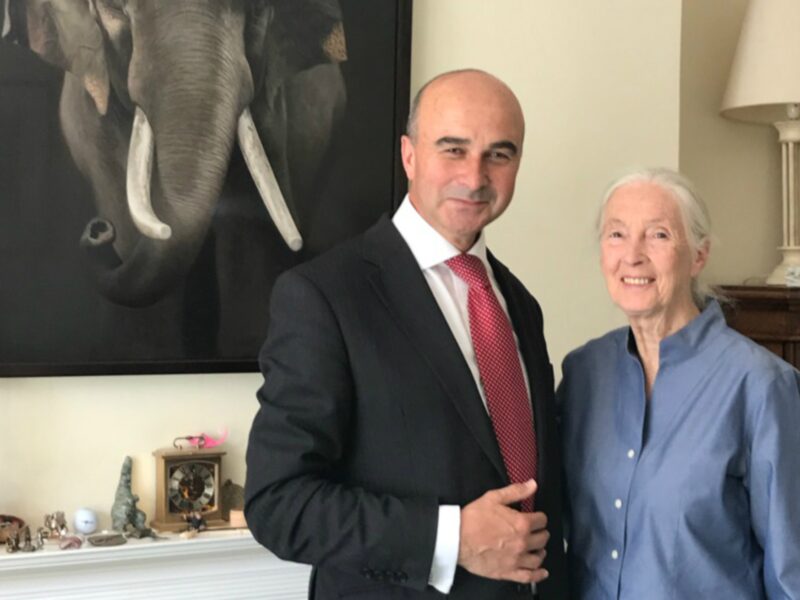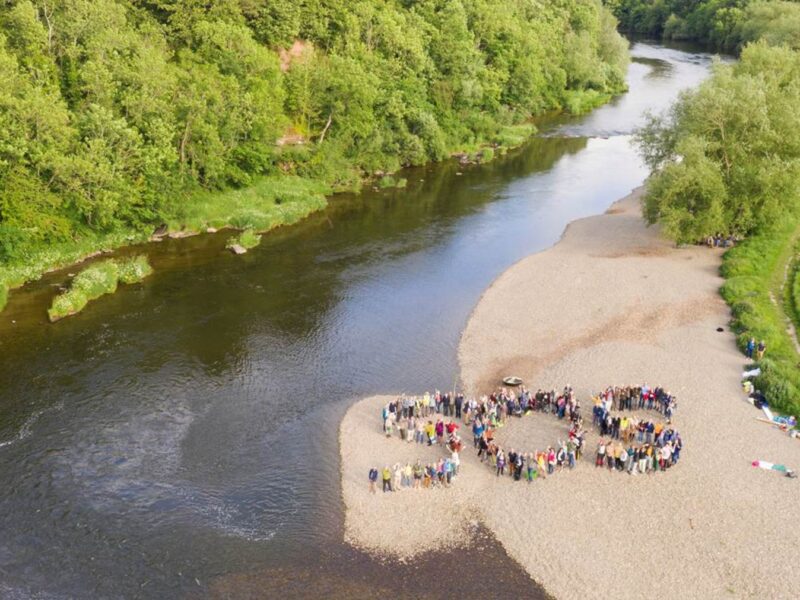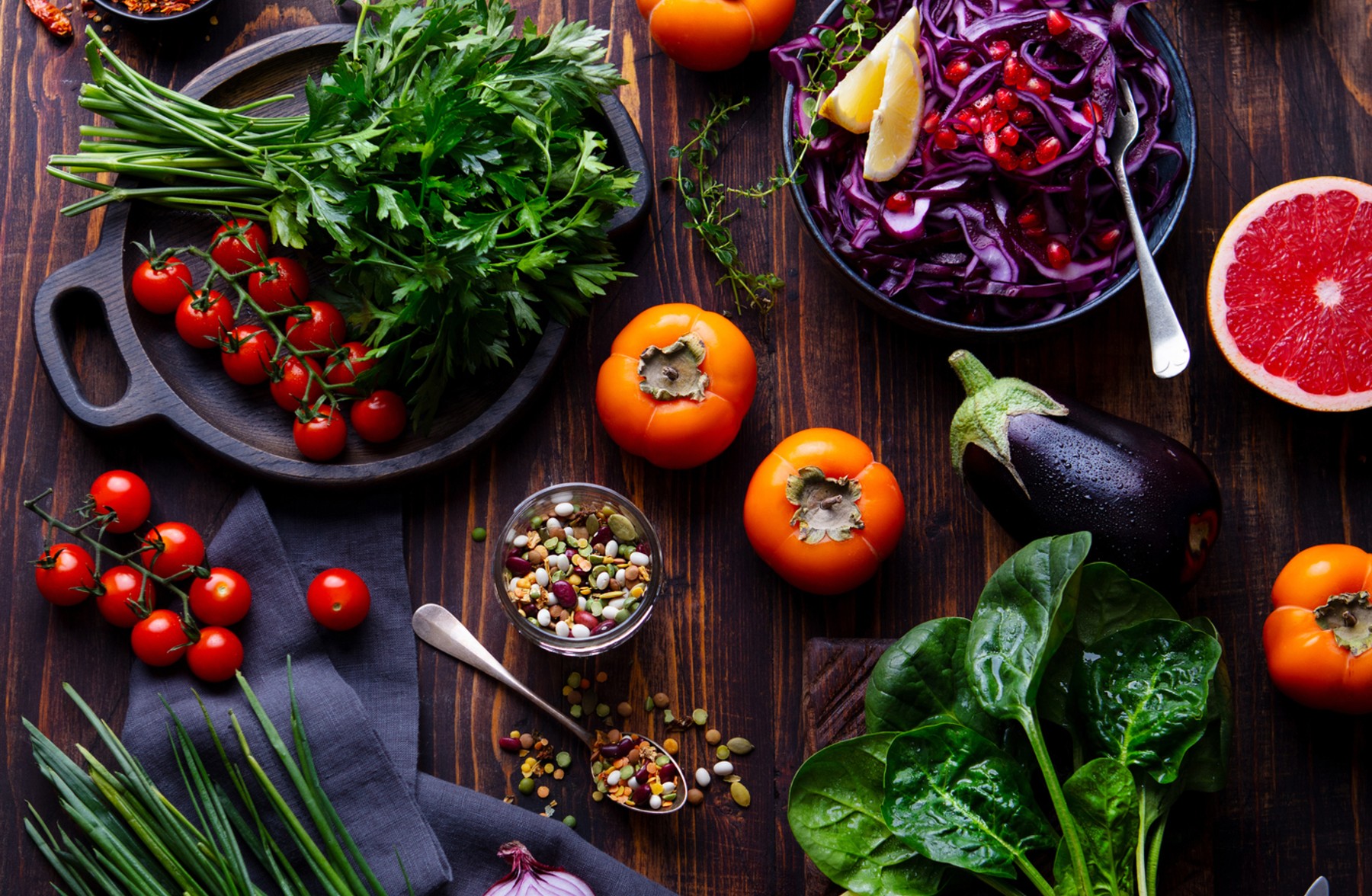
THE PLANETARY HEALTH DIET
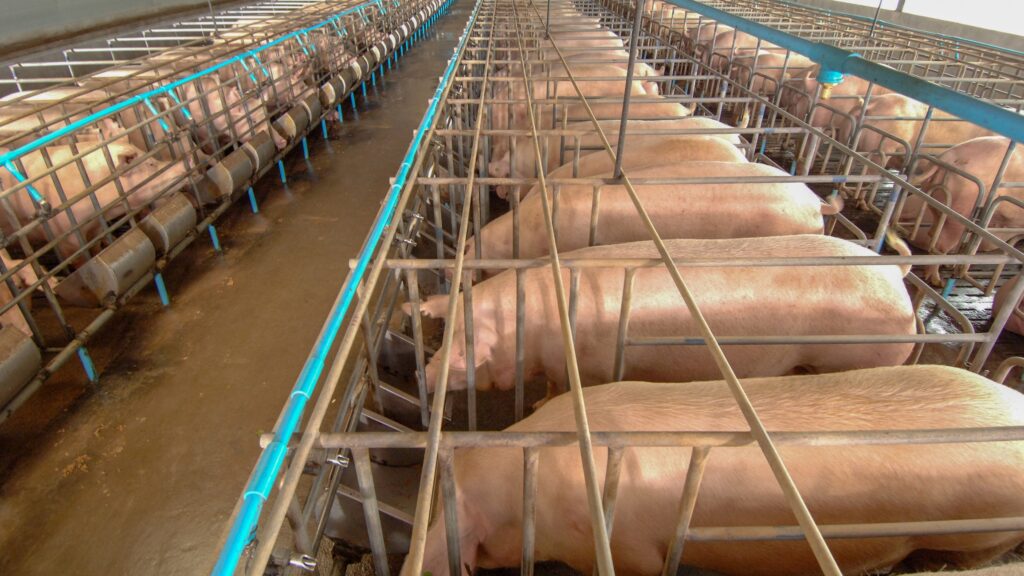
How our food choices can protect health, restore nature and shape a fairer future
What if the way we eat could help heal the planet, improve our health and ensure future generations thrive? That’s the bold promise behind a new report launched in Stockholm recently by the EAT-Lancet Commission presenting a global plan for fixing our broken food systems. Whether you’re a parent planning meals, a farmer working the land, or simply someone who cares about the future, this affects you – and the choices we all make, every day. Because food isn’t just about what’s on our plates – it’s about the kind of world we want to live in.
The new EAT-Lancet Commission report on healthy, sustainable and just food systems lays out how we can feed nearly 10 billion people by 2050 without wrecking the planet. It presents new evidence-based insights on nutrition and human health, within safe and just planetary boundaries.
This ‘Planetary Health Diet’ as it’s known is not about trendy diets or food fads – it’s about common sense. More plants, less waste and a fairer system for everyone.
It calls for a shift towards diets that are not only healthier for individuals, but also sustainable for the planet. This means reducing reliance on industrial animal agriculture, cutting food waste and ensuring that nutritious food is accessible to all.
The report makes clear that transforming food systems is not a niche concern – it’s a global imperative that touches every plate, every policy and every future.
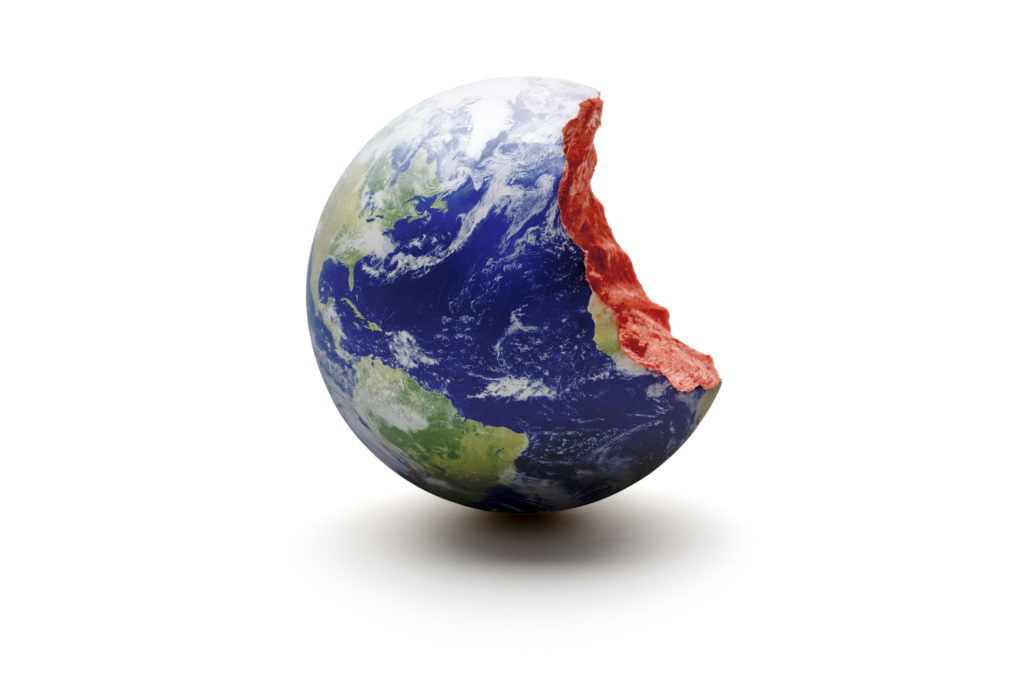
Urgency
Building on its groundbreaking predecessor, this new edition arrives at a time of heightened urgency. With the world facing rising food prices, climate disruption, biodiversity loss and widening inequalities in access to healthy food, the need for change has never been clearer.
I’m all in for the Planetary Health Diet – a way of eating that’s good for us and good for the Earth. It’s not about cutting out meat entirely, but about rebalancing our plates with more grains, vegetables, pulses and less, but better meat. It’s about eating with compassion and with conscience.
New frontier
But there’s something missing from the conversation: One Health. It’s the idea that human health, animal welfare and the environment are all connected. Right now, our food systems rely heavily on factory farming – cages, confinement and overcrowding. These conditions don’t just harm animals – they put us at risk of pandemics, antibiotic resistance and environmental collapse.
Treating animals with compassion isn’t just the right thing to do – it’s smart policy. It protects our health, restores nature and builds resilience for the future. It’s a win-win-win.
Squandered
And here’s something that really surprises me: when we talk about food waste, we often forget the biggest waste of all – feeding human-edible crops to factory-farmed animals. We’re throwing away enough calories and protein to feed 2 billion people. That’s not just inefficient – it’s unjust. Redirecting those resources could be one of the fastest ways to tackle hunger and climate change.
The EAT-Lancet 2.0 report makes it clear: we all have a role to play. Whether you’re a policymaker, a producer, or a shopper, it’s time to rethink how we grow, eat, and value food.
Whether in Scotland where farming, food culture and nature conservation are deeply interwoven, or elsewhere, this report offers a timely framework for aligning our national food strategy with global sustainability goals – ensuring that our choices support both rural livelihoods and planetary health.
Shared vision
I’ve seen what’s possible when people come together. As part of the EU President’s Strategic Dialogue on the Future of Agriculture, I worked with leaders from farming, food, science and civil society to build a shared vision for change. We agreed on phasing out cages, supporting farmers through the transition and making trade policies work for sustainability – not against it.
What stood out most was the spirit of consensus. Despite our differences, we found common ground. I vividly remember writing to our chair, Professor Peter Strohschneider, in support of his closing remarks at our opening meeting: “The status quo is not an option – ecologically, economically, or socially.” That sentiment echoed throughout our work.
We also saw what happens when farmers are left out of the conversation – like in the Netherlands and Sri Lanka, where backlash followed much-needed but poorly planned reforms. Change only works well when it’s inclusive, fair and properly funded. Farmers must be at the heart of the transition – not blamed but supported.
That’s why unlocking finance is key. We need to guide investment to where it’s needed most – helping producers shift to nature-friendly, welfare-positive farming. Public money should support public goods: clean water, healthy soils, thriving wildlife and high animal welfare.
Recipe for the future
The EAT-Lancet 2.0 report isn’t just a diagnosis – it’s a prescription for hope. By embracing the Planetary Health Diet and putting One Health at the heart of our food systems, we can build a future where food nourishes both people and planet.
Let’s seize this moment – build coalitions, unlock finance and empower producers. And let’s bring young people into the conversation. They’re not just the future – they’re the changemakers of today. Their voices, ideas and energy are vital to shaping a food system that works for everyone.
Let’s make compassion our compass – guiding food systems to nourish humanity, restore nature, and secure a just future for all. Every meal is a chance to make a difference. Let’s choose wisely – and with compassion.
If you have been moved by this article and wish to take action, why not join us?
Compassion In World Farming campaigns peacefully to end factory farming and create sustainable food systems that benefit animals, people, and the planet.
Learn more here: https://www.ciwf.org/
Note: This blog is a version of an article that was first published in The Scotsman on Friday 17th October, 2025.
Main Image Credit: istock/Anna Pustynnikova


